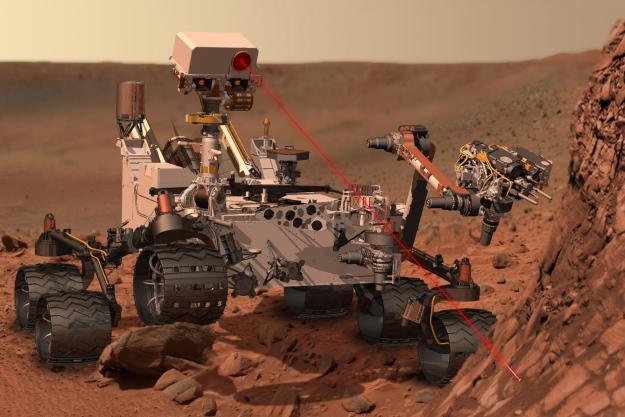It’s never good news when two tech giants are mad at each other, but that’s the case right now with Google and Microsoft. Google says it gave Microsoft and Adobe a heads up about an active zero-day exploit in Windows ten days ago, and says Redmond essentially did nothing. So Google went ahead and made the vulnerability public on Monday, and of course, Microsoft was none too happy about that.
“Today’s disclosure by Google could put customers at potential risk,” Microsoft shot back, even though Google apparently cut them three days of slack since they usually only give vendors a week to patch up security issues – or at least notify users of the problem. Security experts are sort of siding with Microsoft on this one, saying they likely need more than a week or 10 days to come up with a fix in something as complex as Windows.
But they also give Google credit for sounding the alarm since they say the exploit was already being… exploited by hackers. Google says using the Chrome browser in Windows is safe because they built in a block to the exploit. But Edge or Explorer? Looks like you might be taking a chance at getting hacked, at least for now.
New hot-rod Macbook Pro models the fastests thing out there?
We’ve been getting acquainted with the new Touch Bar on the new line of MacBooks from Apple, and the folks over at MacWorld say there’s more to the new laptops than the fancy OLED info strip. Performance testing on a new 13-inch Core i5 MacBook Pro – the bottom of the line model – indicates it actually is twice as fast as last year’s model, just like Apple said it would be. The secret sauce? New PCIe solid-state hard drives for one, and you can get up to 2 terabytes in storage.
Analysts say Apple’s top-of-the-line Core i7 MacBook Pro’s are likely the highest-performance laptops you can get, outside of heavily modified gaming rigs, due to those speedy drives and a host of other technical upgrades. So hey, it looks like the long wait was likely worth it.
Get ready to dance with more AR and VR
Phone-based virtual and augmented reality continues to develop, and the next big step looks to be Google’s Tango platform, which just became available in Lenovo’s new Phab 2 Pro phone. The phones have the ability to map the room you’re in and feature depth-sensing tech, enabling more accurate VR and AR play. Lenovo says their phone’s sensors are accurate to the sub-inch level, which is pretty amazing accuracy for a stand-alone handset.
The 6.4-inch Phab 2 Pro starts at $500, ships in a week and more Tango-equipped phones are on the way. Also on the way: at least 35 VR and AR apps, and you know that number is going to go up quickly. So if you’ve been thinking about getting a new phone and a VR system, well, maybe you only need to buy one thing after all.


